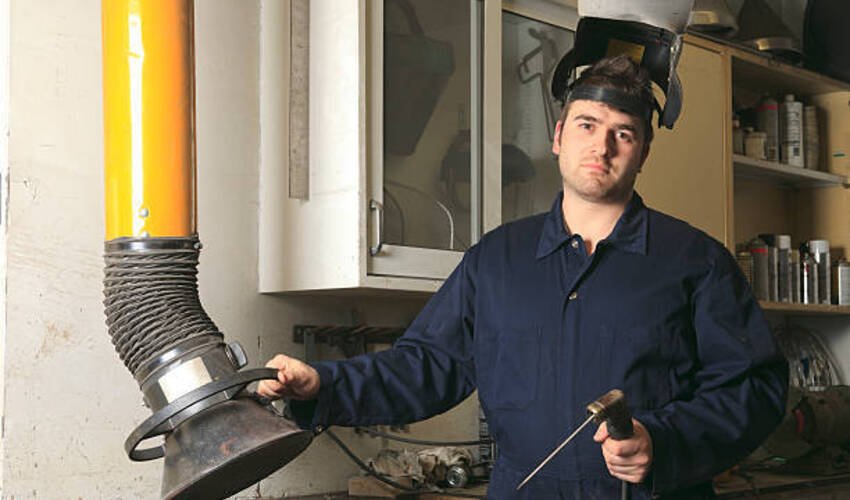There’s a moment that sneaks up on many mothers—the one where you realize that holding everything together has come at a cost you can’t keep paying. Maybe it’s the guilt of hiding bottles under the sink, maybe it’s the exhaustion of waking up anxious every morning, or maybe it’s your child’s question that lands with a weight heavier than anything you’ve felt before. Whatever sparks it, the decision to finally get help isn’t a sign of weakness. It’s the strongest step you can take, not just for your kids, but for yourself. The idea of reaching out is daunting, yet mothers who make that leap find that what follows isn’t shame, but a chance to breathe again.
The Silent Load Mothers Carry
Motherhood often comes with a cultural script: be nurturing, be selfless, be strong. What’s rarely said is how relentless those expectations can be. Women balance childcare, work, household management, and emotional caretaking like it’s a sport that never ends. Add in a strained marriage, financial worries, or health struggles, and it’s no surprise that many women quietly lean on substances to cope. The truth is, society tends to turn a blind eye until a mother openly asks for help, and by then she’s often endured years of isolation.
The hardest part is the dual identity—being the caretaker who’s supposed to have it all together while privately unraveling. It’s an impossible mask to wear indefinitely. Mothers often resist seeking support out of fear of judgment, yet the real breakthrough happens when that fear no longer outweighs the need to heal. That shift changes the entire story.
Why Getting Help Matters for More Than Survival
When people talk about recovery, the focus is often on survival: staying sober, avoiding relapse, rebuilding trust. But for mothers, the conversation goes deeper. It’s about reclaiming the parts of yourself that got lost in the cycle of overwork, guilt, and numbing. It’s about rediscovering the version of you that isn’t defined by struggle. Recovery opens the door to what can only be described as true healing, not just symptom management.
Healing doesn’t happen overnight, and it doesn’t mean perfection. It looks more like small, steady shifts: being present during bedtime stories without drifting into regret, waking up clear-headed enough to pack school lunches without resentment, realizing you can sit with discomfort instead of avoiding it. These little victories are the building blocks of a future where survival isn’t the only goal.
Facing the Fear of Judgment
It’s one thing to want change, another to navigate the fear of how others will react. For mothers, this fear is amplified by the idea that admitting a struggle might make them seem like inadequate parents. That stigma is powerful enough to keep women silent long after they know they need help. Yet the truth is, more people understand than you think. Friends, siblings, and even co-workers often carry their own stories or know someone close who has walked the same path.
When you break that silence, the narrative often flips. Instead of judgment, there’s relief from those around you who have sensed something wasn’t right but didn’t know how to help. Professional support systems are built with this in mind. Whether you turn to a rehab for women in Austin, TX, 12-step programs in Boston or just help wherever you live is the best starting point, the important part is taking that first action without waiting for the “perfect” timing. There’s no such thing.
How Recovery Shifts Family Dynamics
Children are observant in ways adults often underestimate. They may not fully understand substance use, but they notice patterns: the nights when patience is shorter, the mornings when moods are heavy, the missed promises that quietly hurt. Choosing recovery doesn’t just alter your life, it rewrites their childhood memories. Instead of remembering a parent who was always on edge or distracted, they get the chance to experience stability and warmth.
This doesn’t mean everything instantly becomes harmonious. Recovery comes with messy moments—tears, frustration, setbacks. But it also opens up conversations that model resilience. Children learn that facing challenges isn’t about hiding them, it’s about working through them. That lesson may end up being one of the greatest gifts you give them. Partners and extended family benefit too, as the walls built by secrecy begin to crumble. The family unit, once strained, slowly reshapes into something more honest and connected.
Redefining Strength on Your Own Terms
One of the most profound realizations for mothers in recovery is that strength doesn’t look like self-denial or endless sacrifice. True strength is the ability to say, “I can’t keep living this way,” and then doing something about it. Recovery isn’t about stripping away your identity, it’s about expanding it. You’re still a mother, but you’re also a woman who deserves peace, joy, and fulfillment that doesn’t come at the cost of your health.
That shift in perspective matters. It allows women to let go of the pressure to be flawless and embrace the reality that needing help doesn’t erase their worth. In fact, it enhances it. It proves to both themselves and their children that courage isn’t about never struggling—it’s about choosing not to stay stuck.
The Power of Community in the Journey
No one heals in a vacuum. Mothers who try to tackle recovery entirely on their own often find the process overwhelming. The power of community—whether that’s a support group, therapy circle, or even a few trusted friends—can’t be overstated. It’s in these spaces that women realize they’re not anomalies. They’re part of a larger story of people learning to live fully again.
Hearing someone else articulate the same fears you’ve silently carried can be life-changing. It breaks the illusion of isolation. Community also brings accountability in a way that doesn’t feel punitive but empowering. On hard days, someone else’s reminder that progress is possible can make the difference between giving up and pushing forward.
Closing Chapter
The decision to get help as a mother struggling with substance use isn’t an admission of failure, it’s an act of bravery. It sets off a chain reaction that touches every part of your life, from how you parent to how you see yourself. What starts as a terrifying leap often turns into the most liberating choice you’ll ever make. The path isn’t neat, and it isn’t linear, but it is worth it. Every day of clarity, every connection rebuilt, every piece of yourself reclaimed adds up to a life where hope doesn’t just return—it takes root.
Read Dive is a leading technology blog focusing on different domains like Blockchain, AI, Chatbot, Fintech, Health Tech, Software Development and Testing. For guest blogging, please feel free to contact at readdive@gmail.com.





